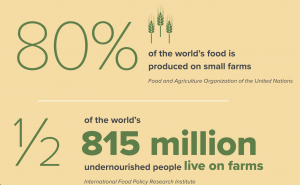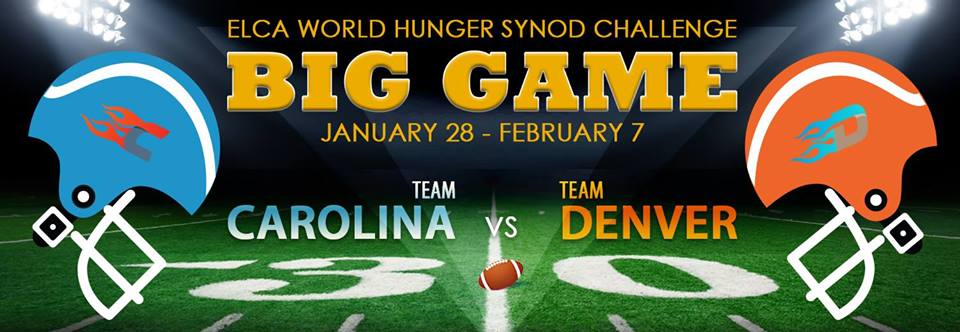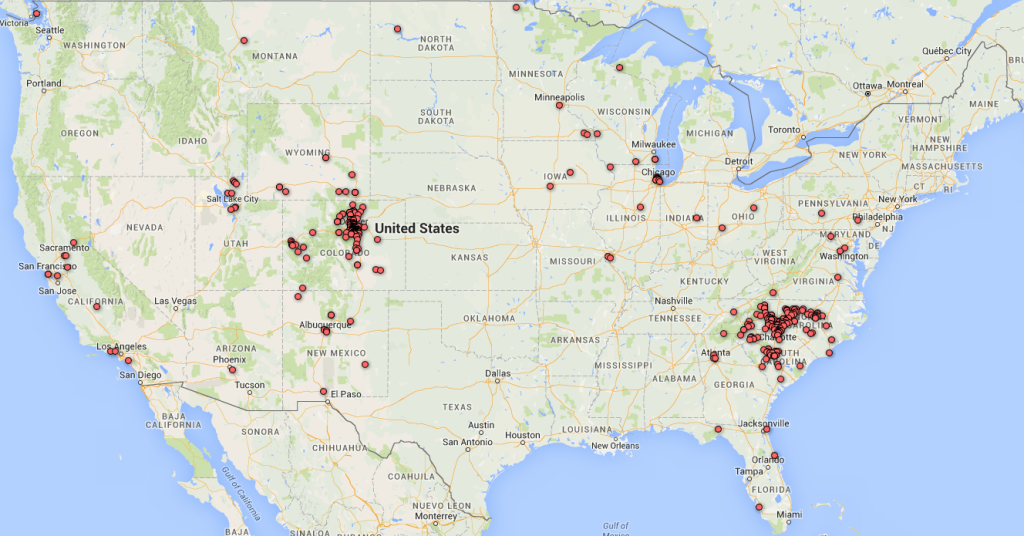This blog originally appeared on the Huffington Post Impact site: http://www.huffingtonpost.com/ryan-p-cumming/end-hunger-the-single-mos_b_11136672.html.
A few years ago, I was at the World Food Prize in Des Moines, Iowa, for the Borlaug Dialogues, an annual international conference on food security, agriculture, and food science. Representatives from NGOs, businesses, local communities, and national governments offered their solutions to hunger around the world, from encouraging young agri-entrepreneurs to shipping fish heads to Africa. There was no end to creative (and, at times, dubious) solutions to world hunger.
What is the right answer? Maybe, like many at the Borlaug Dialogues argued, the solution is to increase agricultural output, since we have too many people and not enough food. On the other hand, some argue that we already produce more than enough for everyone, so food waste is the real issue. Maybe the answer lies in the science of GMOs that can “save the world from hunger, if we let them.” Perhaps the solution is more straightforward—give hungry people peanut butter. Or, it could involve transforming economic opportunity through social enterprise, the “only” solution to global poverty according to the author of that article. And so on and so on.
About the only thing most folks seem to agree on is that the answer isn’t more relief but more development. Figuring out which path toward development to take, though, is another matter. Even the best routes aren’t perfect. Increasing agricultural output doesn’t address rampant food waste. Developing more GMO seeds doesn’t address lack of clean water or lack of jobs. Microlending can provide huge benefits, but it doesn’t work everywhere and doesn’t work everywhere in the same way.
But there is a single step we can take to end hunger for good around the world and in our own communities: listening to one another. Too often, the “solutions” to hunger and poverty come down from the “top,” rather than rising up from the ground. Those of us in developed countries are moved by the problems we see in developing nations and bring our own solutions to bear in communities that are not our own. At its worst, this feeds the sort of “savior complex” on prominent display recently in the controversy over Louise Linton’s new memoir. At its best, this top-down model proffers solutions that simply don’t work.
The kind of meaningful listening that builds relationships between and within communities helps solutions arise that are effective and sustainable. This model “challenges one-sided, top-down, and donor-recipient approaches…and emphasizes the need for developing mutual relationships in which all are considered teachers and learners,” says Rev. Dr. Philip Knutson, the regional representative of the Evangelical Lutheran Church in America (ELCA) in Southern Africa. Knutson warns that without cultivating relationships through listening, development projects can lose sight of context and “may be short-sighted, benefiting some but excluding others.”
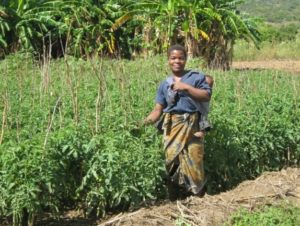
Fyness Phiri of Chithope Village
When listening is authentic, though, programs can respond to a host of needs, including practical needs for economic empowerment and personal needs like recognition of self-dignity. In Malawi, the Evangelical Lutheran Development Service (ELDS), supported in part by the ELCA through ELCA World Hunger, is working with women and men to build community and overcome the challenges of hunger and poverty. (ELDS is the diaconate arm of the Evangelical Lutheran Church in Malawi, led by Bishop Joseph Bvumbwe.) Fyness Phiri, one of the participants in the “Livelihoods Improvement and Empowerment Project,” recalls, “I was one of the poorest people in the village…before ELDS introduced this project.” Fyness used to ask her neighbors for money to buy food for herself, her husband, and their four children.
At a community meeting in 2013, Fyness joined other women to start a village savings and loan group. After some training and community-building meetings with ELDS, the group gave out its first loans. Fyness and the other women were able to start small businesses and purchase seeds and fertilizers for their farms. Eventually, the start-up money helped Fyness produce enough food to feed her family, pay back her loan, and sell some of her surplus at market. “Since I joined the project,” she says, “my life has completely changed. I have food in my house, and I’m able to send my children to school. Because of the knowledge [I’ve gained], I will be able to continue and help others even if the project phases out.” Because ELDS invested in the community and the relationships formed among the women, the impact is not only sustainable but replicable.
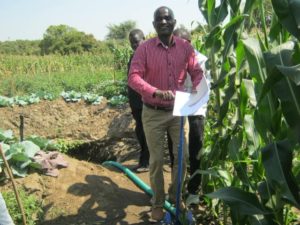
Extension worker Chesterman Kumwenda demonstrates how to use a treadle pump.
Microlending worked wonders for the women in Fyness’ village, but for Charles Chikwatu’s community, the problem was not access to funds but lack of water for their fields. Charles and other participants worked together to learn how to use efficient treadle pumps to increase the land they could tend for maize and tomatoes. The benefits of the new method are huge, Charles says: “I easily find money through sale of my crops [and] I have managed using the money from irrigation to send my children to secondary school. I have also started a grocery with the money from this farming.”
New irrigation systems wouldn’t help Fyness, who didn’t even have money for seeds. A village savings and loan wouldn’t have helped Charles’ community address lack of access to water. But by listening closely, ELDS helped Fyness, Charles, and their communities transform their own situations.
And because of this, the benefits extend far beyond the immediate needs for food, according to Knutson. “[C]ollaboration between individual members in a community has enabled the individuals and the community to gain in knowledge and confidence to leverage other benefits enabling them to start new business and advocate for government support for local clinics and other rural development projects,” he says.
New, creative solutions to hunger and poverty abound, and many offer much promise. When these are employed in the context of relationships where participants become leaders and vision is built from the ground up, effective action can take root and grow. Sometimes, the answer is reducing waste. In some places, the answer is increased production. With some groups, the answer is enterprise. But in every time, place, and case, the best response is to listen.
Photos: Gazeli Phiri and Dickens Mtonga, courtesy of ELDS
Ryan P. Cumming, Ph.D., is program director of hunger education with ELCA World Hunger. He can be reached at Ryan.Cumming@ELCA.org.



